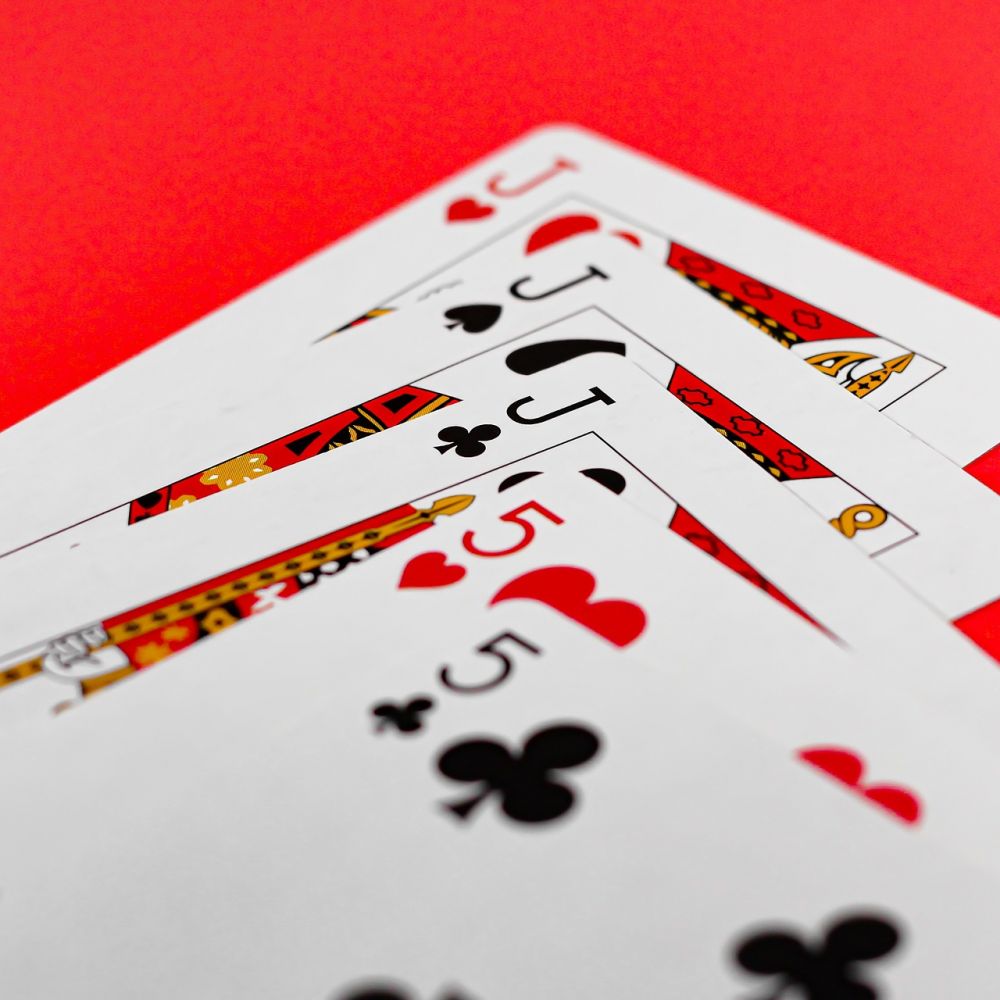Counting cards in blackjack is a popular strategy used by skilled players to gain an advantage over the casino

This technique involves keeping track of the cards that have been dealt to determine the probability of certain cards remaining in the deck. By doing so, players can adjust their bets and make decisions based on the likelihood of receiving favorable cards. In this article, we will dive deep into the world of counting cards in blackjack and provide you with a comprehensive overview of its importance and historical development.
Introduction to Counting Cards in Blackjack:
Counting cards is a technique that requires both skill and concentration. It is not illegal or considered cheating, but casinos frown upon it and may ask suspected card counters to leave. Despite this, many players have successfully used this strategy to turn the odds in their favor. If you are an enthusiast of casino games, understanding how to count cards can give you a significant advantage when playing blackjack.
Counting cards in blackjack revolves around assigning a value to each card that is dealt. The most common method is the Hi-Lo system, where cards 2 to 6 are assigned a value of +1, cards 7 to 9 have a neutral value, and cards 10 to Ace are assigned a value of -1. By keeping a running count of the cards that have been played, players can determine whether the deck is rich in high or low cards. A positive count indicates that there is a higher proportion of high cards remaining, which is beneficial for the player.
Historical Development of Counting Cards in Blackjack:

The concept of card counting dates back to the 1950s when mathematician Dr. Edward Thorp published his book, “Beat the Dealer.” Thorp’s work revolutionized the way blackjack was played and introduced the concept of card counting to the public. His book presented various strategies, including the Ten Count system, which involved more accurate card value assignments.
In the following decades, the popularity of card counting grew, and casinos started taking countermeasures to combat this strategy. They implemented multiple decks, shuffled more frequently, and increased their surveillance of potential card counters. Despite these efforts, skilled players continued to find success using card counting techniques.
Over time, various card counting systems have been developed, each with its own set of rules and card value assignments. The most well-known systems include the Hi-Lo, KO, and Omega II systems. These systems have become more sophisticated and provide players with a more accurate assessment of the deck’s composition.
Benefits and Limitations of Counting Cards in Blackjack:
Counting cards can be a powerful tool in the hands of a skilled player. By keeping track of the cards, players can make more informed decisions, such as adjusting their bets or altering their playing strategies. When the deck is favorable, players can increase their bets to maximize their winnings. Conversely, when the deck is unfavorable, players can minimize their bets to mitigate potential losses.
However, it’s important to note that card counting is not foolproof. It requires a significant amount of practice and concentration to effectively count cards while maintaining your composure at the table. Additionally, casinos have implemented countermeasures to detect and prevent card counting, such as using automatic shufflers or banning suspected card counters. Therefore, it is crucial for players to be cautious and discreet when utilizing this strategy.
In conclusion, counting cards in blackjack is a skill that can give players an edge over the casino. By assigning a value to each card and keeping a running count, players can determine the deck’s composition and make strategic decisions accordingly. This technique has a rich history and has evolved over time with the development of various card counting systems. While counting cards can be highly effective, it is not without risks and requires practice and discretion. If you are interested in enhancing your blackjack skills, learning how to count cards can be a valuable addition to your repertoire.





